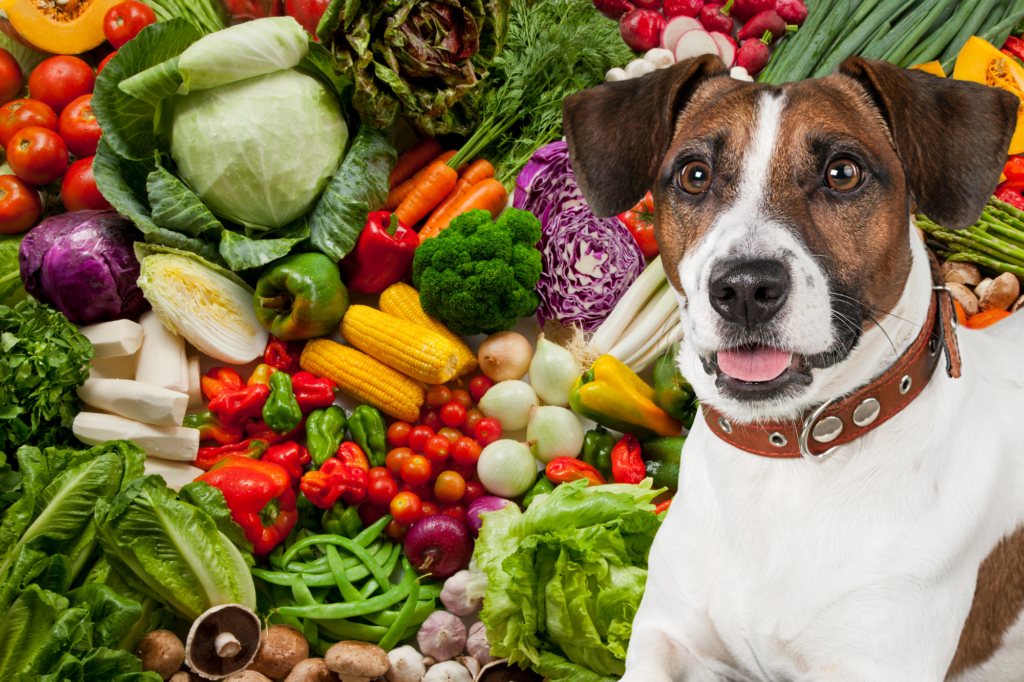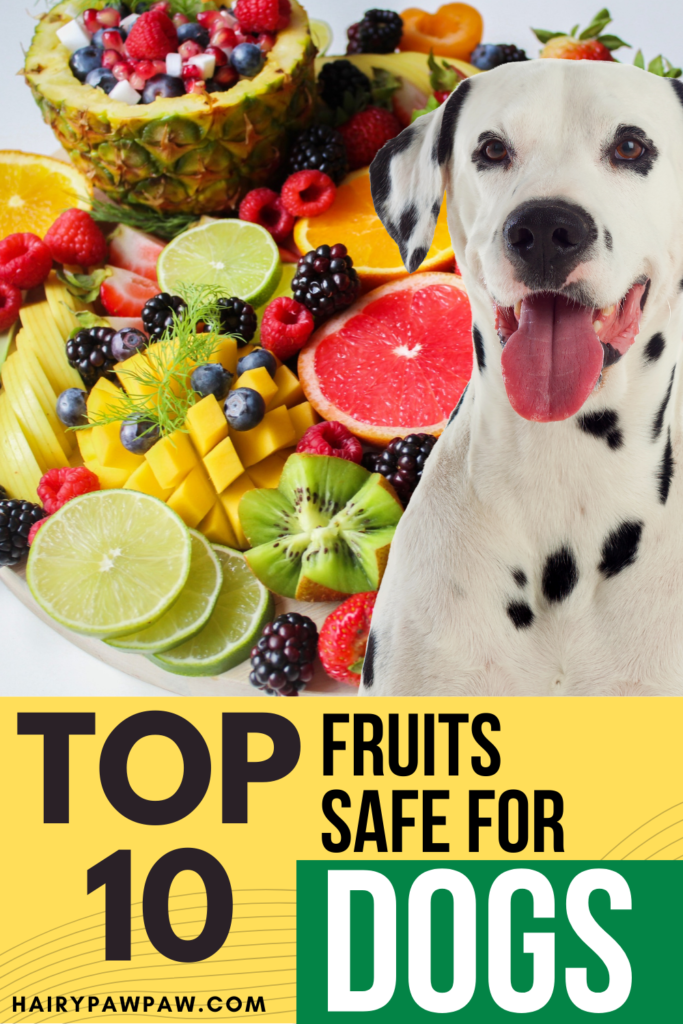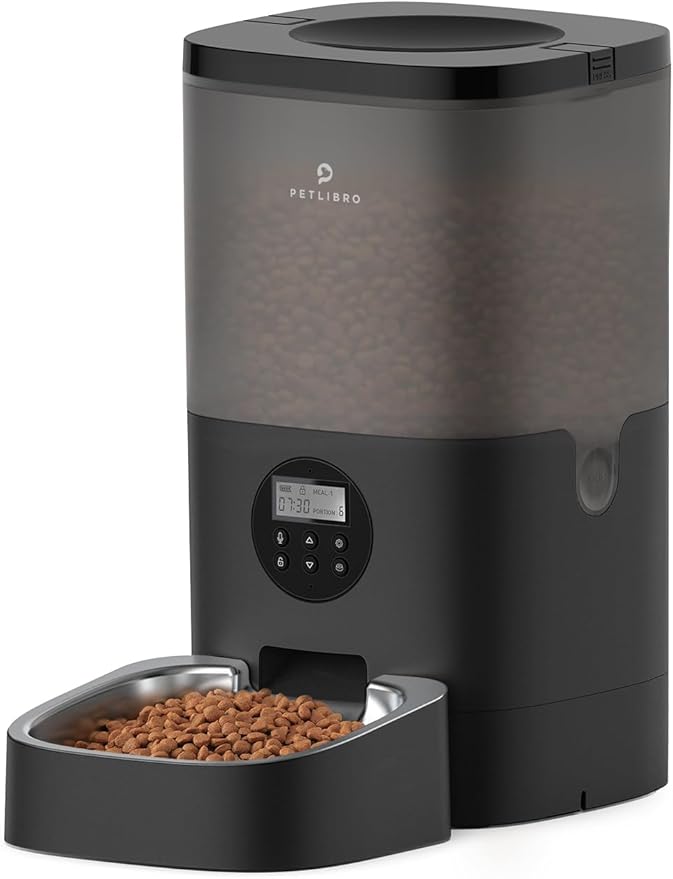This “The Best Vegetables Safe for Dogs: Benefits and Tips” post may contain affiliate links, which means I’ll receive a commission if you purchase through my link, at NO EXTRA COST TO YOU
The Best Vegetables Safe for Dogs: Benefits and Tips
As a dog parent, you always want to provide your pet with a well-rounded, nutritious diet. While kibble or wet dog food offers balanced nutrition, adding fresh vegetables can enhance your dog’s health in numerous ways. Vegetables are a great source of essential vitamins, minerals, and fiber, all of which promote overall well-being. However, not all vegetables are safe for dogs, so it’s essential to know which ones you can safely include in your dog’s diet.
In this blog post, we’ll explore the best vegetables safe for dogs, their health benefits, and important tips for feeding them to your furry friend. With this information, you’ll be able to make healthier food choices for your dog and ensure they receive all the nutritional benefits that vegetables offer.

Why Should You Feed Your Dog Vegetables?
Vegetables play an important role in maintaining your dog’s health. They provide an abundance of nutrients that help improve digestion, support a strong immune system, and promote healthy skin and coat. Many vegetables are rich in fiber, which helps regulate your dog’s digestive system and can even aid in weight management. Additionally, vegetables offer a low-calorie alternative to traditional dog treats, making them perfect for overweight or senior dogs who need to maintain a healthy weight.
However, you must always ensure that the vegetables you give your dog are safe and non-toxic. Some vegetables can cause digestive issues or even harm your pet. Let’s take a closer look at the best vegetables safe for dogs and how they benefit your pet.
The Best Vegetables Safe for Dogs
Here’s a detailed list of vegetables safe for dogs, their benefits, and tips for how to serve them:
1. Carrots
Benefits: Carrots are low in calories, high in fiber, and packed with vitamins such as vitamin A, which supports your dog’s vision and immune function. The crunchiness of carrots also helps clean your dog’s teeth and gums, reducing plaque buildup and promoting oral health.
Tip: You can feed carrots to your dog raw, cooked, or frozen. If your dog is small or has difficulty chewing, chop them into smaller pieces to avoid choking hazards.
2. Sweet Potatoes
Benefits: Sweet potatoes are an excellent source of dietary fiber, which promotes healthy digestion. They also contain vitamins A, C, and B6, which help strengthen the immune system, support cell function, and improve skin health. Sweet potatoes are also rich in antioxidants, which can help reduce inflammation and prevent chronic diseases.
Tip: Cook sweet potatoes before feeding them to your dog, as raw sweet potatoes can be difficult to digest. Peel them and cut them into small pieces to make them easier for your dog to consume.

The Best Fruits Safe for Dogs: Benefits and Tips
As a dog owner, you likely want to provide your furry friend with the healthiest and most nutritious diet possible. While commercial dog food often meets their basic nutritional needs, adding fresh fruits to your dog’s diet can be a great way to enhance their overall well-being. However, not all fruits are safe for dogs, and it’s crucial to know which ones are best suited for your pet.
3. Green Beans
Benefits: Green beans are rich in vitamins, minerals, and fiber. They support healthy digestion and help maintain a strong immune system. The fiber in green beans also aids in weight management by keeping your dog full without adding too many calories. Green beans are especially great for dogs that are overweight or prone to obesity.
Tip: You can serve green beans either raw or cooked, but make sure to avoid canned green beans that contain added salt or preservatives. Always chop them into small pieces to make them easy to chew.
4. Spinach
Benefits: Spinach is rich in iron, calcium, and vitamins A, C, and K. These nutrients help boost your dog’s immune system, improve bone health, and promote healthy skin. Spinach also contains antioxidants that support cellular health and fight inflammation.
Tip: While spinach is healthy for most dogs, it contains oxalates, which can interfere with calcium absorption if fed in large quantities. Feed spinach in moderation and avoid giving it to dogs with kidney problems.
5. Peas
Benefits: Peas are an excellent source of vitamins A, K, and B, as well as fiber and protein. They help support your dog’s immune function, improve digestion, and boost energy levels. Peas also contain antioxidants, which protect cells from damage and promote healthy aging.
Tip: Peas are safe for dogs to eat both cooked and raw. However, be sure to avoid feeding your dog canned peas, as they may contain harmful additives like sodium. Always serve peas in small portions.
6. Cucumbers
Benefits: Cucumbers are low in calories, making them a perfect snack for dogs that need to lose weight or maintain a healthy weight. They are also packed with water, which helps keep your dog hydrated. Cucumbers contain vitamins K and C, which support bone health and immune function.
Tip: Serve cucumbers raw, peeled, and sliced into small, bite-sized pieces. Avoid giving your dog the seeds, as they could cause choking or digestive discomfort.
7. Zucchini
Benefits: Zucchini is rich in vitamins A, C, and K, which help improve your dog’s immune system, support eye health, and promote healthy skin. Zucchini also provides fiber, which supports digestion and helps regulate bowel movements.
Tip: Zucchini can be served raw or cooked. It’s best to slice it into small pieces to make it easier for your dog to chew. Avoid adding any seasonings, as some spices can be harmful to dogs.
8. Broccoli
Benefits: Broccoli is loaded with vitamins C and K, folate, and fiber. It supports a strong immune system, helps with digestion, and promotes overall health. Broccoli also contains antioxidants, which help fight inflammation and reduce the risk of chronic diseases.
Tip: While broccoli is safe for most dogs, it should be fed in moderation. Too much broccoli can cause gastrointestinal upset, so always start with small portions and monitor your dog’s response.
9. Asparagus
Benefits: Asparagus is packed with vitamins A, C, E, and K, as well as folate and fiber. It helps improve digestion, boosts the immune system, and supports bone health. Asparagus is also rich in antioxidants, which protect your dog’s cells from oxidative damage.
Tip: Always cook asparagus before feeding it to your dog to make it easier to digest. Avoid feeding the tough ends of the asparagus stalk, as they can be difficult for your dog to chew.
10. Bell Peppers
Benefits: Bell peppers are rich in vitamins A and C, both of which boost the immune system and improve your dog’s skin and coat health. They also contain antioxidants that help fight free radicals and reduce the risk of chronic diseases. The fiber in bell peppers supports digestive health.
Tip: Cut bell peppers into small, manageable pieces before offering them to your dog. Always remove the seeds and stem, as they can cause digestive issues.
Important Tips for Feeding Your Dog Vegetables
- Feed Vegetables in Moderation: Vegetables can be a healthy treat, but they should not make up the majority of your dog’s diet. Balance vegetables with high-quality dog food that meets all your dog’s nutritional needs. Too many vegetables can cause digestive issues, especially for dogs not accustomed to them.
- Cook Vegetables When Necessary: Some vegetables, like sweet potatoes and carrots, are easier to digest when cooked. Always cook vegetables by steaming or boiling them without adding any oils, salt, or seasonings. Avoid frying vegetables, as this can make them unhealthy for your dog.
- Avoid Harmful Vegetables: Some vegetables are harmful to dogs. Never feed your dog onions, garlic, or leeks, as they are toxic and can cause severe health issues. Similarly, avoid giving your dog mushrooms, as certain varieties can be toxic.
- Introduce New Vegetables Slowly: When adding a new vegetable to your dog’s diet, introduce it gradually to avoid digestive upset. Start with small amounts and monitor your dog for any signs of discomfort, such as vomiting or diarrhea.
- Monitor for Allergies: Some dogs may be allergic to certain vegetables. Watch for signs of food allergies, such as itching, swelling, or gastrointestinal problems, and consult your vet if you notice any symptoms.
Conclusion
Including vegetables safe for dogs in your pet’s diet can be a great way to improve their health and provide them with extra nutrients. Vegetables like carrots, sweet potatoes, green beans, and spinach offer a variety of health benefits, including improved digestion, boosted immunity, and better overall health. However, always remember to feed vegetables in moderation, and be mindful of any vegetables that may pose risks to your dog. By following these tips, you can safely incorporate healthy vegetables into your dog’s diet and enhance their well-being.
With a little knowledge and care, you can give your dog the healthiest, most delicious vegetables that will help them live a long, happy life.

30-Day Dog Weight Loss Plan: Easy Steps to Get Started
Maintaining a healthy weight for your dog is crucial for their overall well-being. Excess weight can lead to various health problems, such as arthritis, diabetes, and heart disease. Furthermore, overweight dogs often experience reduced energy levels and a lower quality of life. Therefore, following a structured weight loss plan is essential for improving your dog’s health.





